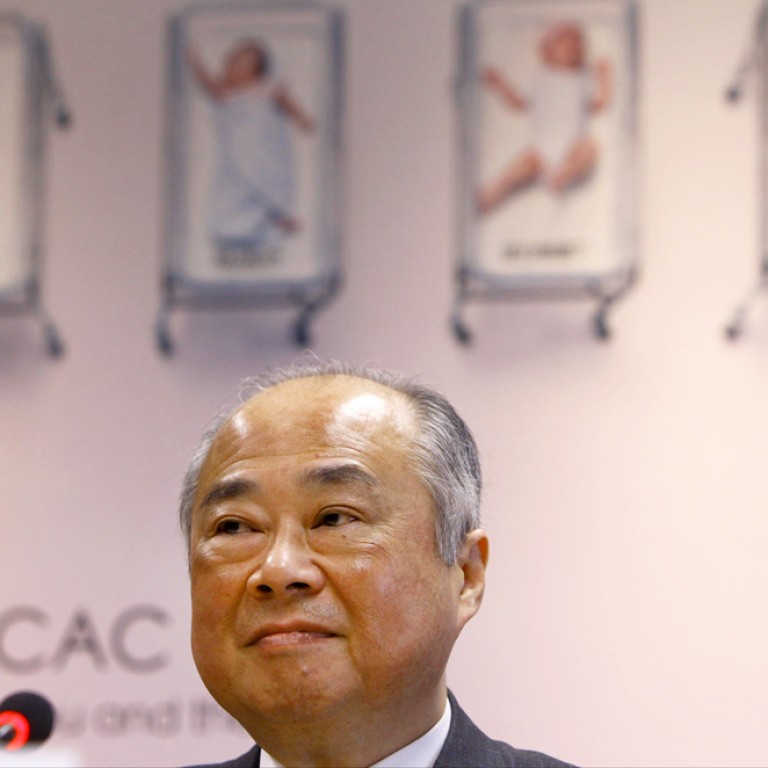
Hong Kong urged to act on 'trend' of public-service corruption
Watchdog head says lack of pensions in sector may be driving problem
The head of a watchdog looking into the operations of the city's graft-buster has called for attention to be paid to a worrying trend of public servants abusing their power for personal advantage.
Michael Sze Cho-cheung, chairman of the ICAC operations review committee, warned that people who entered the public service after its pension system was changed in 2000 might be more inclined to act corruptly.
"The trend of public-office holders taking advantage of their positions and doing what they should not be doing deserves attention," he said yesterday.
"The gains they get now may seem trivial, but more civil servants will abuse their power for personal gain if we do not treat this seriously now."
Sze was particularly concerned that people who joined the service after June 1, 2000, might feel more inclined to abuse their power in office in order to build up retirement nest eggs.
That was the date the pension scheme for new recruits switched to the Civil Service Provident Fund - to which the government contributes 15 to 25 per cent of the wages of those with more than three years' service. In comparison, the Mandatory Provident Fund requires a 5 per cent contribution from employers.
The mode of corruption had evolved, Sze said, from accepting advantages to making personal gains involving a conflict of interest while discharging public duties, as signalled by high-profile allegations against senior officials in recent years.
Sze was addressing the media alongside representatives of three other committees that monitored the Independent Commission Against Corruption.
ICAC investigations of former chief executive Donald Tsang Yam-kuen and the agency's own former commissioner, Timothy Tong Hin-ming, are ongoing.
Sze said he would not comment on individual cases.
He encouraged the public to report any suspicions of corruption to the graft-buster. "As long as you don't have malicious intent, and even if the evidence provided is wrong, the ICAC will not hold you accountable or demand you apologise."
In August, Chief Executive Leung Chun-ying said those who complained about two former Executive Council members, Barry Cheung Chun-yuen and Franklin Lam Fan-keung, should apologise after the ICAC dropped inquiries into their cases.
Sze advised that complaints be made in a low-profile manner that would not affect the subsequent collection of evidence. In the past, some political groups had notified the media as they were about to lodge complaints against public figures.
The city last year saw a 33 per cent drop in complaints, its largest annual decrease ever, said advisory committee on corruption chairman Chow Chung-kong. The ICAC received 2,653 reports, excluding electionrelated complaints, compared with 3,932 in 2012.
The damage caused to the agency's image by revelations of Tong's spending while in office could have contributed to the decrease, Chow said.
